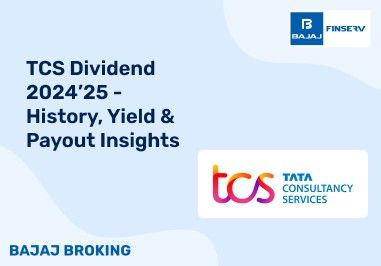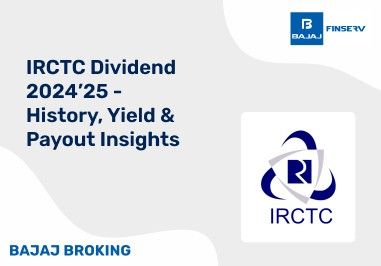Additional Surveillance Measure (ASM): Definition and Purpose
Additional Surveillance Measure (ASM) is a regulatory framework defined by the Securities and Exchange Board of India (SEBI) and implemented by stock exchanges like BSE and NSE to monitor and regulate trading activities in specific securities and identify stocks that are trading in unusual patterns or might be getting manipulated. By subjecting these securities to enhanced surveillance, regulators can mitigate risks, protect investors from potential market abuses, and maintain overall market stability.
Criteria and Factors Leading to ASM
Securities that are included in the ASM framework are identified based on predefined criteria set by the exchanges. These criteria may include parameters such as trading volumes, price movements, market capitalisation, and corporate governance standards. Companies failing to meet these criteria may be placed under ASM.
ASM may be triggered by various factors, including:
- Significant price volatility.
- Unusual trading volumes.
- Market manipulation or insider trading suspicions.
- Financial irregularities or corporate governance concerns.
Types of ASM
ASM can be categorised into long-term and short-term additional surveillance measures based on the severity and duration of surveillance imposed. A long-term additional surveillance measure is typically imposed for extended periods. The criteria are usually more stringent and may include sustained underperformance, persistent irregularities in financial reporting, governance issues, or other fundamental concerns that affect the long-term viability of the security.
On the other hand, short-term ASM may be imposed for temporary surveillance on specific events such as sudden price volatility, unusual trading volumes, regulatory investigations, or corporate announcements that may impact market stability.
Impact of ASM
The imposition of ASM can have various impacts on securities:
- Increased scrutiny and monitoring by exchanges.
- Restricted trading activities such as price movement limits and margin requirements.
- Enhanced disclosure requirements for companies under ASM.
- Heightened investor awareness and confidence in regulated markets.
It is important to note that:
- Securities under ASM may experience increased volatility and reduced liquidity.
- Investors should exercise caution and conduct thorough research before trading in ASM securities.
- ASM status can change based on market dynamics and regulatory decisions.
Graded Surveillance Measure (GSM): Definition and Purpose
Apart from ASM, Graded Surveillance Measure (GSM) also stands as one of the regulatory measures, aimed at addressing specific concerns related to securities trading. It is put in place for securities displaying pricing discrepancies concerning their financial health and fundamental indicators such as earnings, book value, fixed assets, net worth, P/E ratio, and market capitalisation.
GSM serves a dual purpose. One is alerting and advising investors to exercise caution when dealing with identified securities. The second is, prompting market participants to conduct thorough due diligence before engaging in transactions involving these securities. It categorises securities into different levels based on their trading behaviour and imposes varying degrees of surveillance and restrictions accordingly.
Key Actions Under GSM
- Transferring securities to the Trade for Trade segment
- Mandating the deposit of additional funds as a Surveillance Deposit
- Limiting trading to once a week
- Implementing price freezes on the upper trading limit
These actions are subject to predefined criteria and can be implemented with short notice, reflecting the commitment to maintaining market integrity and investor confidence. The outlined surveillance measures are complementary to other regulatory actions that exchanges and SEBI may undertake on a case-by-case or holistic basis, depending on prevailing market conditions and circumstances.
The identification and review of securities for GSM are conducted quarterly, based on the latest available financial results submitted by companies under SEBI regulations. This ensures a timely and proactive approach to market surveillance.
GSM entails a graded approach to surveillance, with different stages triggering specific actions such as margin rates, trading frequency, and additional deposit requirements, depending on the severity of the concerns identified.
List of Stocks Currently in ASM
https://www.nseindia.com/reports/asm
List of Stocks Currently in GSM
https://www.nseindia.com/reports/gsm
Conclusion
ASM and GSM are vital regulatory mechanisms employed by stock exchanges like BSE and NSE to ensure fair and transparent trading practices while safeguarding investor interests and maintaining market integrity. These measures subject identified securities to enhanced scrutiny, trading restrictions, and heightened disclosure requirements, aiming to mitigate risks and maintain overall market stability.
Investors should exercise caution when trading in ASM and GSM securities, understanding the potential impacts of heightened scrutiny and volatility.
Disclaimer: Investments in the securities market are subject to market risk, read all related documents carefully before investing.
This content is for educational purposes only. Securities quoted are exemplary and not recommendatory.
For All Disclaimers Click Here: https://bit.ly/3Tcsfuc













